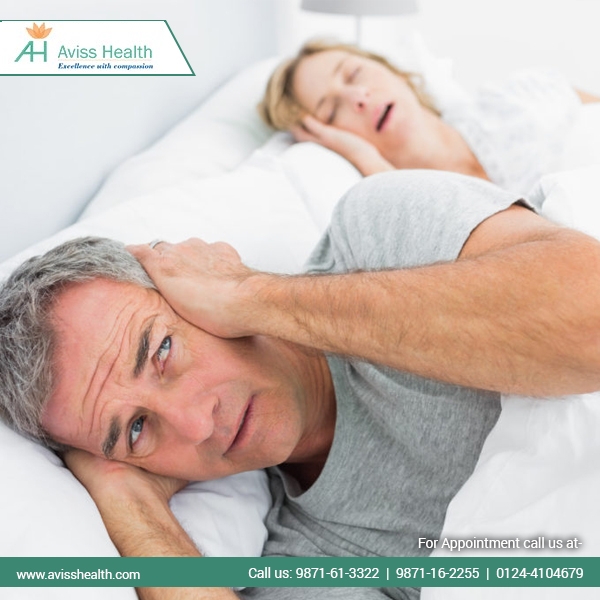Just because you’re a woman doesn’t mean you cannot have Sleep Apnea.
However, your symptoms may not match the obvious symptoms of Obstructive Sleep Apnea as they show up in men.
You know the obvious symptoms of OSA, right they include:
- Loud snoring
- Obesity
- Feeling tired even a full night’s sleep
- Headaches
- And, a large neck size
But if you’re a woman, you may not see these symptoms, and still have sleep apnea. And that’s one big reason why sleep apnea symptoms in women are often misdiagnosed.
Signs of OSA in women
- Insomnia
- Fatigue
- Feeling low on energy
- Obesity
- Restlessness in legs
- Depression
- Uncontrolled blood pressure
- Dry mouth
You may likely to hit by OSA if you’re transitioning through menopause, or are pregnant or obese. And thus, you should be careful about your health, and the symptoms of sleep apnea.
How to ensure that you’re not misdiagnosed?
It’s easy.
First and foremost, you have to take responsibility for your own health. If you feel you might have developed sleep apnea, you should take it seriously and get it diagnosed. The earlier you do it, the better it’s going to be.
See a sleep physician. He’s the expert and may ask you for a sleep test so he can observe you while you sleep. A sleep test doesn’t cost much and helps the doctor figure out whether the symptoms indicate a presence of sleep apnea or are of some other conditions. You can get yourself tested at your home as well, where you’re attached with specific devices so they can monitor your brain waves, eye movements, heart beats, etc., and study the data recorded.
Discuss your treatment plans. Although CPAP (continuous positive airway pressure) is the most common solution to help people with sleep apnea, your sleep physician may prescribe an alternative therapy or medicine or lifestyle changes so you can sleep and live better. Yoga, medication, diet, they all help you to get to sleep fast. Your sleep doctor will help you know more on these in the one-on-one interactions with you. But it’s good to explore your treatment options and then going with the option which makes more sense to you.
It’s true that sleep apnea is more common in men. But it’s also true that women too can develop this sleep disorder, and that their symptoms vary from what male counterparts experience.
Please understand that sleep apnea is a sleep disorder that is characterized by frequent breathing pauses in sleep, and can be potentially fatal if not treated. In India alone, over 10 million cases of this disorder are reported every year. It’s a very common sleep disorder here in this country, and only through a proper diagnosis and treatment, it can be treated. So if you doubt you have it, get it diagnosed and treated.
Want to know more on Sleep Apnea in Women?
Connect with our sleep physicians:
M: 9871-61-3322, 9871-16-2255
T: 0124-4104679
E-mail:wecare@avisshealth.com
You can connect with us on Facebook as well.

